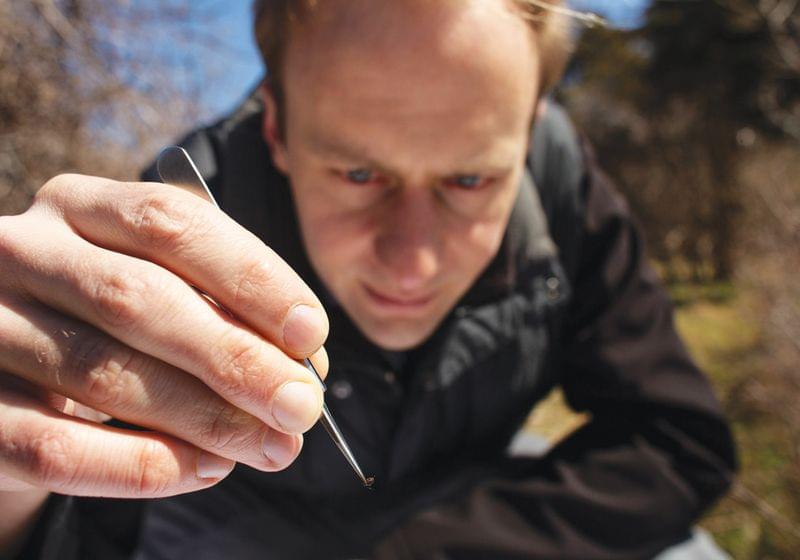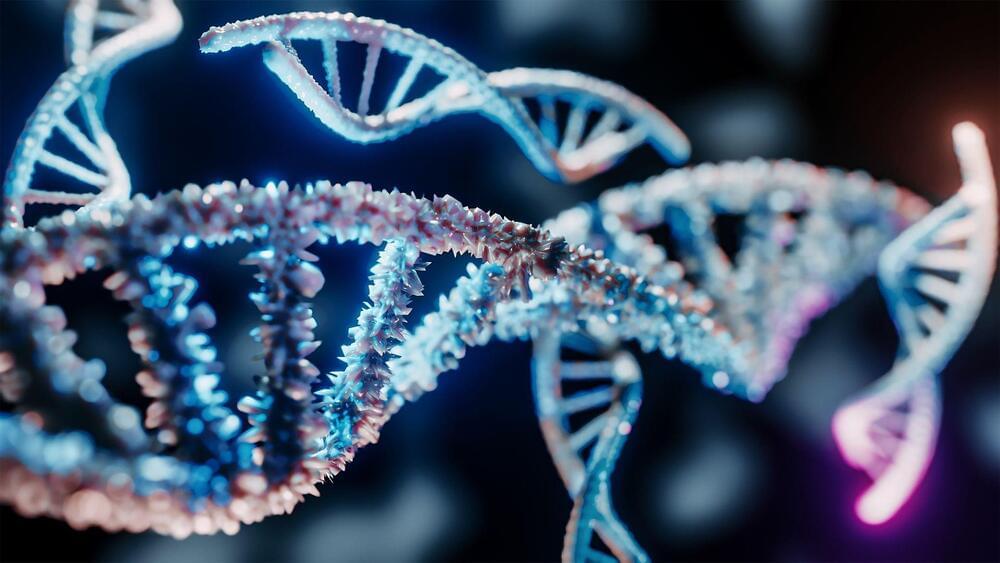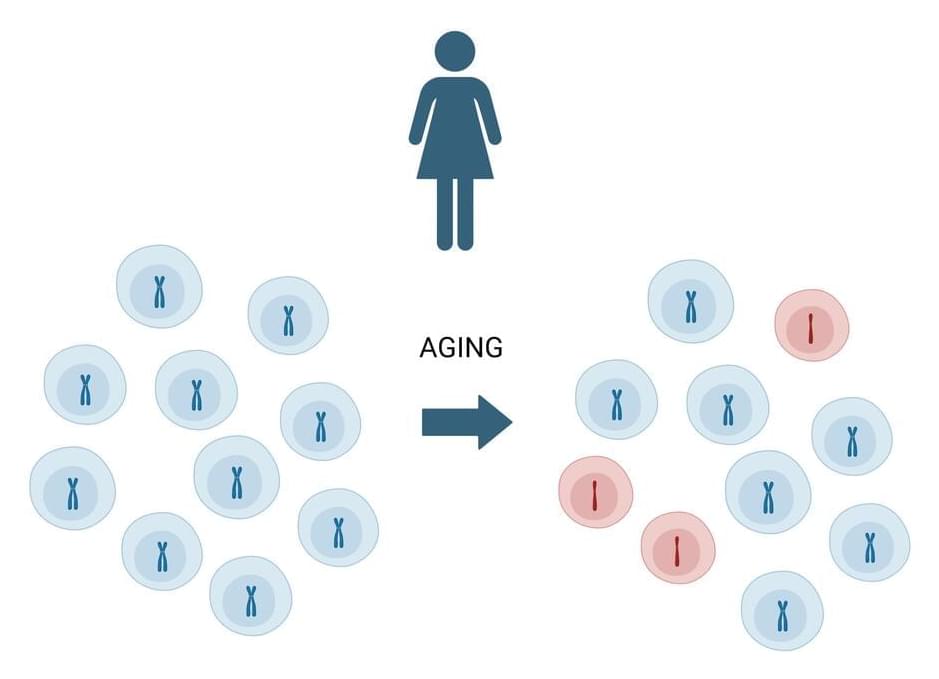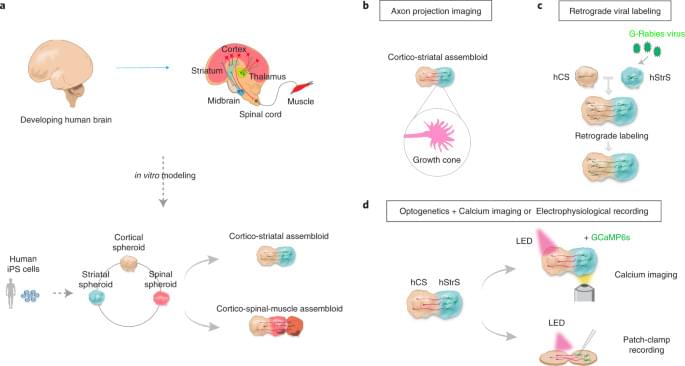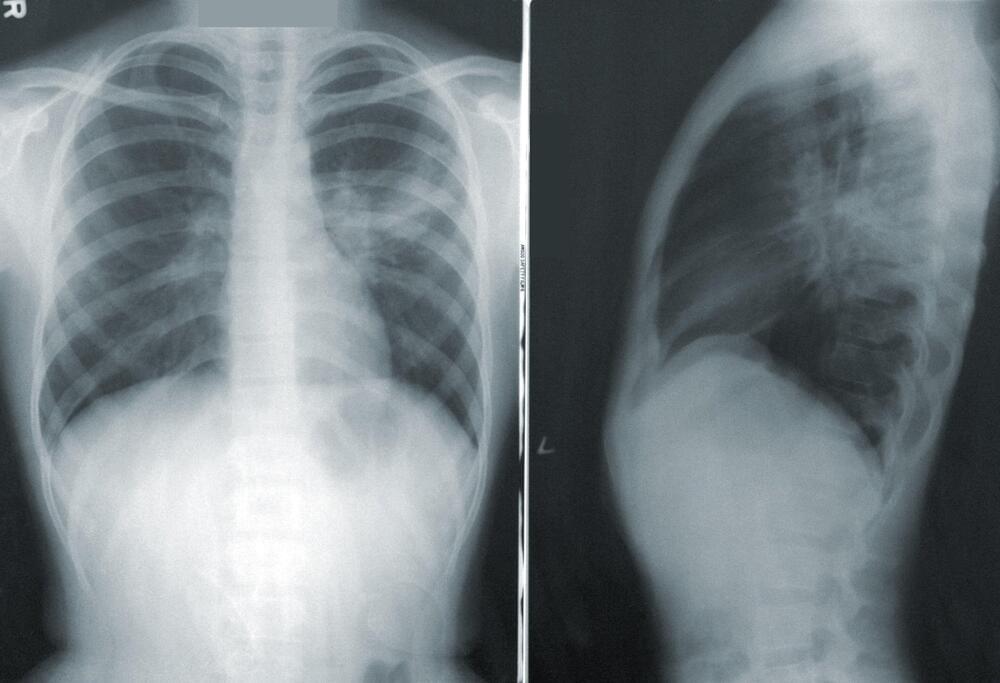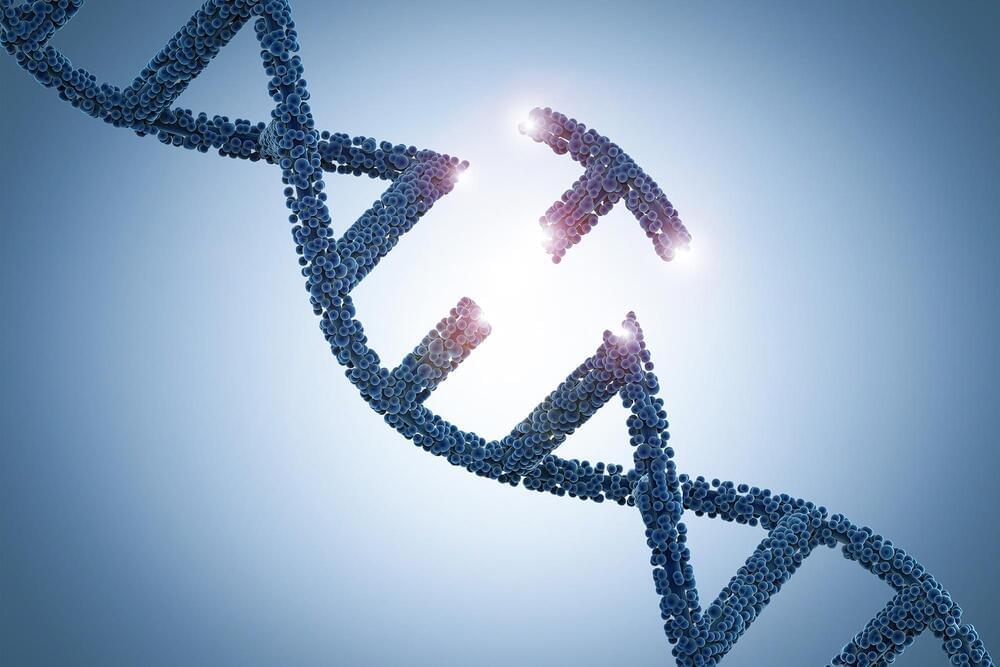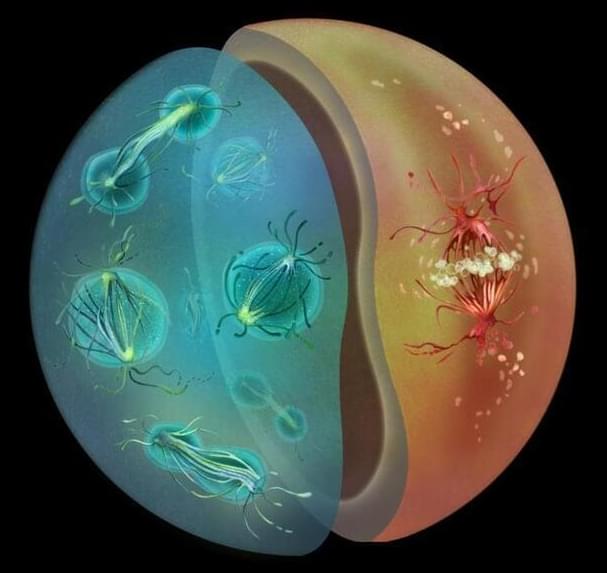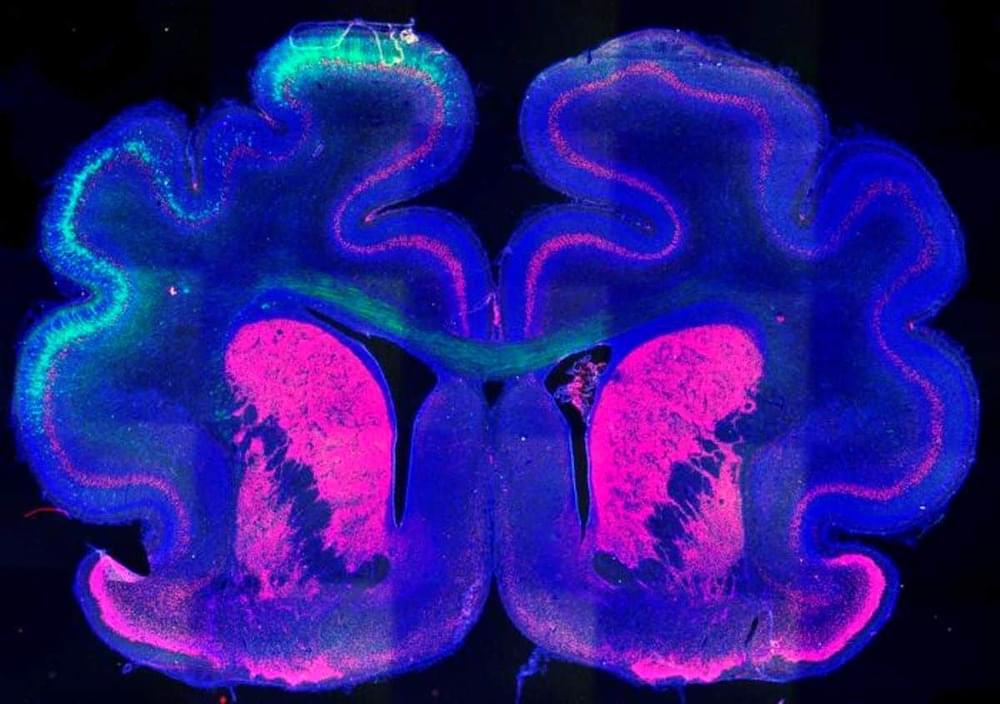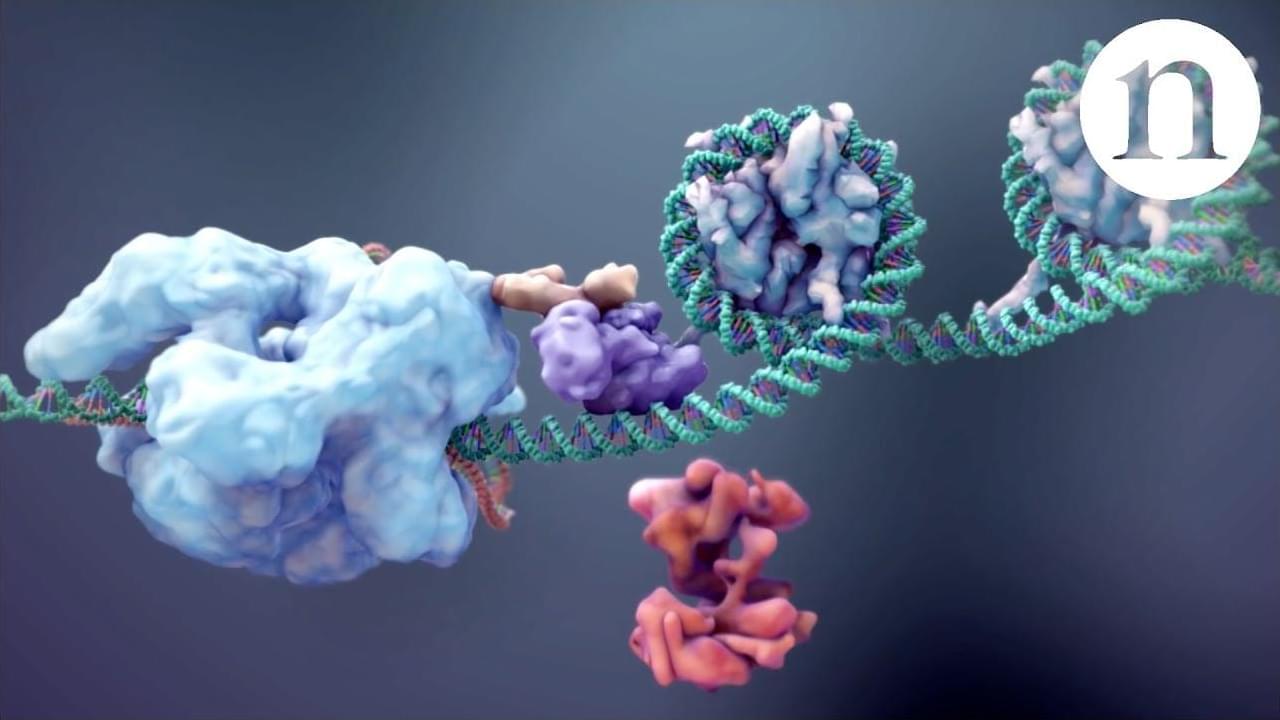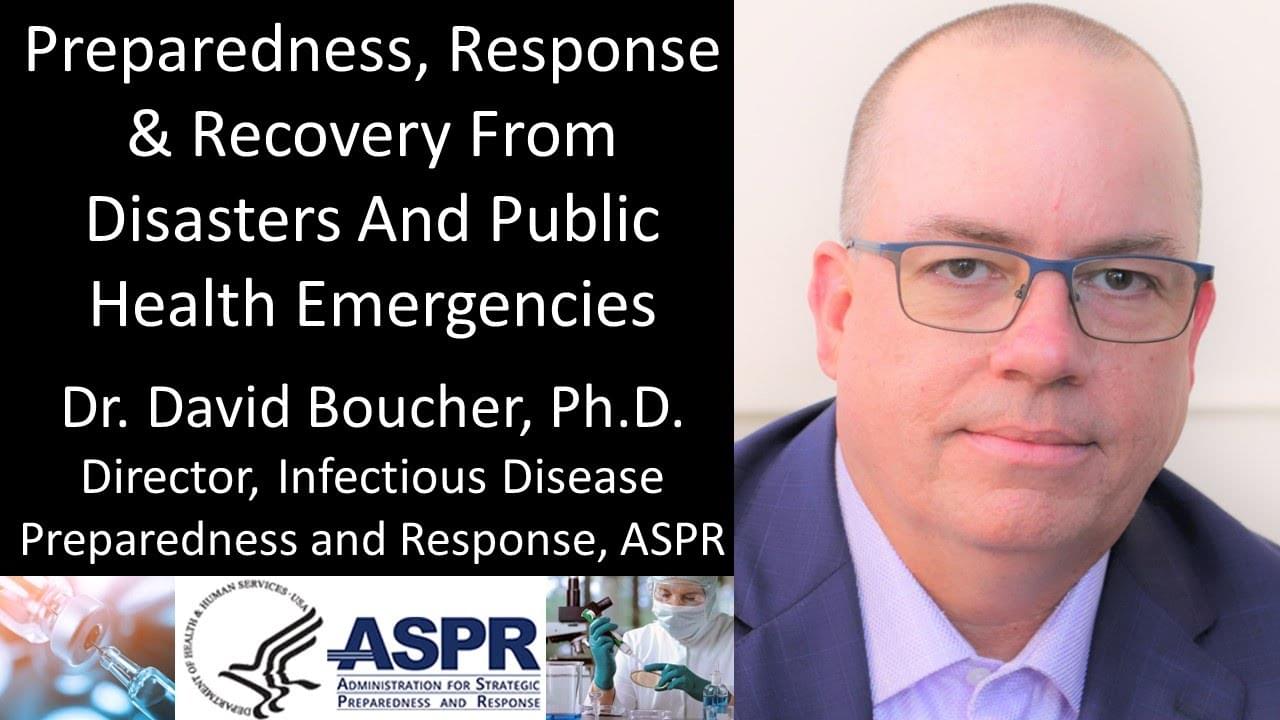Jun 15, 2024
CRISPR Gene Drives and the Future of Evolution
Posted by Dan Breeden in categories: bioengineering, biotech/medical, evolution, genetics
Immunizing enormous numbers of wild mice, however, is prohibitively difficult. By using genetic engineering, researchers could create white-footed mice that produced these antibodies from birth and could pass this ability on to their offspring. But did the island residents want to live with genetically engineered mice?
The answer was perhaps, but with caveats. In consulting with communities on this technology development, researchers found that community members preferred a cisgenic approach: They wanted white-footed mice that were engineered with DNA only from other white-footed mice.18 This would make the project more difficult for the researchers, and meant that a CRISPR-based gene drive, even one with limited spread, could not be used, since no white-footed mouse naturally has this gene-editing system. However, said Esvelt, “It’s their environment, so it’s their call.”
“We’re potentially causing an irreversible change to the environment,” said Telford. “We need to think about informed consent of the community as a proxy for informed consent of the environment. That’s been a real advance and something [that Esvelt] has pioneered—involving the communities from the very start.”
